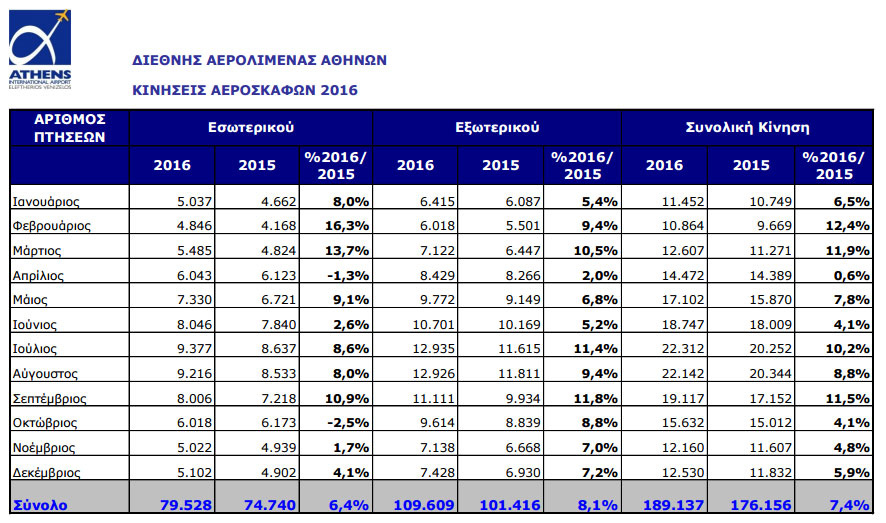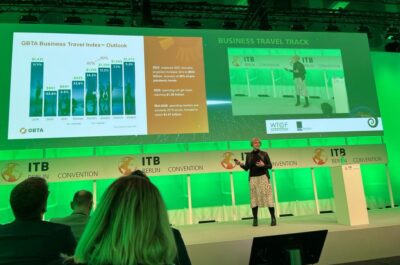Travel risk management (TRM) protocols use is on the rise – of the organizations that said they did not have TRM protocols in place, 60 percent said they were planning to adopt within the next two years.
ALEXANDRIA, VA – The GBTA Foundation, the education and research arm of the Global Business Travel Association (GBTA), unveiled a study finding an overwhelming majority of organizations – 83 percent – report their travel programs have risk management protocols in place in order to ensure the safety and well-being of their business travelers. It’s clear that travel risk management (TRM) protocols use is on the rise – of the organizations that said they did not have TRM protocols in place, 60 percent said they were planning to adopt within the next two years.
The study, Keeping Travelers Safe Through Travel Risk Management (TRM), sponsored by Concur Technologies, surveyed more than 250 travel managers, security officers and human resource personnel to gain a better understanding of how many organizations have travel risk management protocols in place as well as the features these programs include. Through TRM protocols, businesses seek to keep business travelers safe in addition to minimizing the effects of potential travel mishaps.

“The high adoption rate of TRM protocols demonstrates that businesses are committed to keeping their road warriors out of harm’s way,” said Joseph Bates, GBTA Foundation Vice President of Research. “We’re also excited to see that technological advances, such as apps and text messaging, are changing the face of TRM programs by enabling organizations to better track and communicate with their employees. Travelers can focus on doing business, rather than worrying about potential risks.”
Although TRM protocols typically include several features for both domestic and international travel, the study found that large organizations are more likely than small organizations to offer pre-travel information, automated communication about real-time risks and local providers for medical and security services as part of their TRM protocol. Typical features of TRM protocols include:
1. traveler tracking,
2. pre-travel info and preparation,
3. TMC engagement in support of risk protocols,
4. pre-travel approval,
5. automated communication about real time risks,
6. local providers for medical and security assistance,
7. locally available assistance services and
8. travel concierge.
“Travel risk management is important to our customers because it helps them fulfill their duty of care obligations,” said Johnny Thorsen, Senior Director, Strategy and Product Marketing, Concur. “We’re committed to providing the tools necessary to help companies of all sizes protect their workforce.”
During an emergency, organizations that have TRM protocols in place can generally locate all impacted employees and verify their safety much faster than companies without protocols in place.
- One-third of respondents said they could locate all impacted employees in real-time; 20 percent said they could located travelers in 15-30 minutes; and 31 percent said it would take longer than a half an hour to locate all their impacted employees. However, 20 percent said they did not know how long it would take to track their employees down.
- The study found it takes an estimated median of 1.5 hours to confirm every employee’s safety when an incident occurs: 28 percent reported it would take less than one hour, 43 percent said it would take one or more hours and 24 percent said it would take two or more hours. One third of the respondents (29%) said they did not know how long it would take to confirm everyone’s safety.
Technology Adoption
Greater adoption of mobile tracking and messaging technologies may enable companies to locate employees and confirm their safety more quickly. With nearly 90 percent of business travelers carrying a smart phone, wireless technology is quickly becoming an important method for communicating with travelers. According to the study, there is ample opportunity for improvement in technology use, including increased mobile app implementation.
- While there is room for improvement in the area of apps, SMS is prioritized higher than mobile apps when it comes to communicating with travelers during an emergency or disruption. Half of respondents ranked automated SMS among their top three most important channels and 39 percent ranked manual SMS in their top three. Thirty-six percent of respondents included mobile apps on their top three list.
- Organizations rely on multiple data sources when communicating with travelers, with the most common including a TMC system (60 percent), third-party traveler tracking system (41 percent), and mass notification system (35 percent).
- Companies use data captured through online booking tools (OBT) or TMCs to approve travel, provide pre-trip information to travelers, track travelers and communicate about risks. Because non-OBT bookings can create challenges for TRM programs, 67 percent of organizations do not allow non-OBT booking. That said, non-OBT bookings are still fairly common.
- Although there are technologies available to mitigate the challenges involved in non-OBT bookings, the adoption rates of these technologies must increase in order for those challenges to become less of an issue for TRM.
Tatiana is the news coordinator for TravelDailyNews Media Network (traveldailynews.gr, traveldailynews.com and traveldailynews.asia). Her role includes monitoring the hundreds of news sources of TravelDailyNews Media Network and skimming the most important according to our strategy.
She holds a Bachelor's degree in Communication & Mass Media from Panteion University of Political & Social Studies of Athens and she has been editor and editor-in-chief in various economic magazines and newspapers.










































































































































































